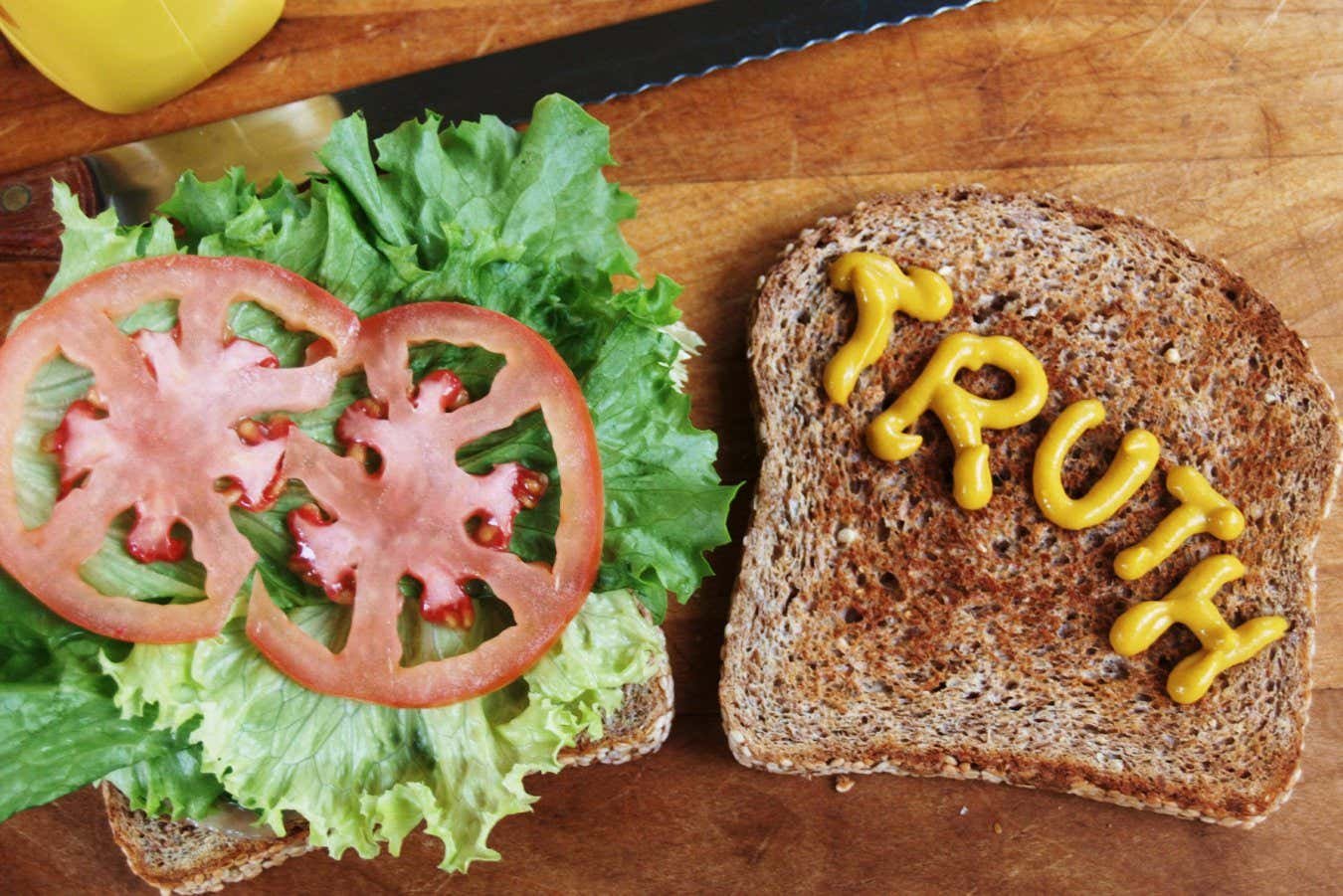
Mark Twain famously (although possibly apocryphally) said we should never let the truth get in the way of a good story. Archaelogists might beg to differ, particularly when the story in question is a dramatic rewriting of human history that – as the president of the Society of American Archaeology, Daniel Sandweiss, has noted – has a long-standing link with racist ideologies.
This narrative claims that the familiar ancient civilisations of Eurasia, Africa and the Americas drew inspiration from a mysterious advanced culture that predated them all. Archaeologists are confident that no such civilisation ever existed, but they are also aware that persuading believers to reject the story is a tough task.
However, as we explore in our interview with archaeologist Flint Dibble in “The archaeologist fighting claims about an advanced lost civilisation”, they may have found a winning strategy in the form of the “truth sandwich”. In this debating technique, archaeologists first begin by discussing real information, what their research has revealed about the past. Then they tackle the false information – in this case explaining how the facts leave no room for this lost civilisation – before returning to and re-emphasising the real information.
Truth sandwiches’ appear to be good at fighting misinformation in some contexts but not others
The truth sandwich gained popularity after it was formalised by linguist George Lakoff in 2018. It is tempting to assume that it can convince audiences to abandon belief in false narratives. But can it? The best way to find out, of course, is through controlled experiments. The first such research has now been conducted, and it presents a mixed picture. Truth sandwiches appear to be effective in certain contexts but not in others, where different ways to structure an argument are more persuasive.
These conflicting results might seem problematic, but they are actually evidence of scientific inquiry at work – a process that involves testing ideas and refining hypotheses in light of new data. It is only this approach that can really discover the best way to tackle misinformation. Or, to put it another way, science should never let a good story get in the way of the truth.
Topics:
- archaeology/
- ancient humans

Felecia Phillips Ollie DD (h.c.) is the inspiring leader and founder of The Equality Network LLC (TEN). With a background in coaching, travel, and a career in news, Felecia brings a unique perspective to promoting diversity and inclusion. Holding a Bachelor’s Degree in English/Communications, she is passionate about creating a more inclusive future. From graduating from Mississippi Valley State University to leading initiatives like the Washington State Department of Ecology’s Equal Employment Opportunity Program, Felecia is dedicated to making a positive impact. Join her journey on our blog as she shares insights and leads the charge for equity through The Equality Network.




